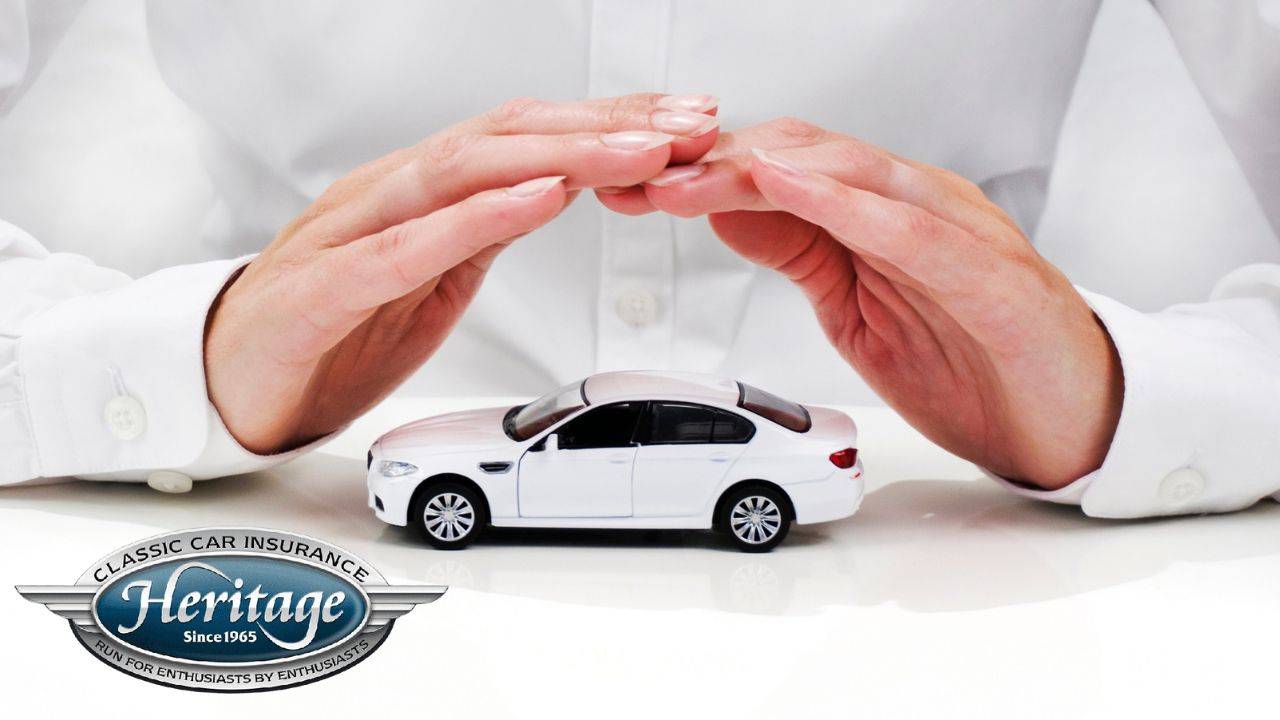Pilot car insurance requirements vary by state in the U.S. Some states mandate specific liability, property damage, and cargo insurance coverage limits. Regulations may also dictate minimum coverage amounts and additional endorsements needed for operating as a pilot car.
Pilot Car Insurance: A Comprehensive Guide
Pilot car insurance, a vital component in the transportation industry, varies significantly from state to state. As a pilot car operator or a business involved in oversized load transportation, you must grasp the nuances of insurance requirements in each state you operate. Let’s delve into the specifics to ensure compliance and mitigate risks.
What is Pilot Car Insurance?
Before diving into state requirements, let’s clarify what pilot car insurance entails. Also known as escort vehicle insurance, it provides coverage for vehicles escorting oversized loads. This insurance protects against liability from accidents, property damage, or bodily injuries during transportation.
State-by-State Pilot Car Insurance Regulations
Alabama
Pilot car operators must carry a minimum liability insurance coverage of $100,000 for bodily injury or death per person, $300,000 for bodily injury or death per accident, and $50,000 for property damage per accident.
Alaska
Alaska requires pilot car operators to maintain liability insurance coverage of at least $100,000 for bodily injury or death per person, $300,000 for bodily injury or death per accident, and $50,000 for property damage per accident.
Arizona
Pilot car operators in Arizona must carry liability insurance coverage of $750,000 for bodily injury, $50,000 for property damage, and $750,000 for cargo.
Arkansas
Arkansas mandates pilot car operators to have liability insurance coverage of $100,000 for bodily injury or death per person, $300,000 for bodily injury or death per accident, and $50,000 for property damage per accident.
California
In California, pilot car operators need liability insurance coverage of $750,000 for bodily injury, $1,000,000 for property damage, and $750,000 for cargo.
Colorado
Colorado requires pilot car operators to maintain liability insurance coverage of at least $750,000 for bodily injury, $750,000 for property damage, and $750,000 for cargo.
Connecticut
Pilot car operators in Connecticut must carry liability insurance coverage of $750,000 for bodily injury, $750,000 for property damage, and $750,000 for cargo.
Delaware
Delaware mandates pilot car operators to have liability insurance coverage of $100,000 for bodily injury or death per person, $300,000 for bodily injury or death per accident, and $50,000 for property damage per accident.
Florida
In Florida, pilot car operators need liability insurance coverage of $100,000 for bodily injury or death per person, $300,000 for bodily injury or death per accident, and $50,000 for property damage per accident.
Georgia
Georgia requires pilot car operators to maintain liability insurance coverage of at least $100,000 for bodily injury or death per person, $300,000 for bodily injury or death per accident, and $50,000 for property damage per accident.
Some Points of Pilot Car Insurance Requirements By State
Pilot Car Insurance Requirements by State Georgia: In Georgia, pilot car insurance requirements vary depending on the specifics of the operation. Typically, pilot car drivers need liability coverage to protect against potential damages or accidents while escorting oversized loads on Georgia highways. Insurance minimums may differ based on the weight and dimensions of the transported load.
Pilot Car Insurance Requirements by State Florida: Florida mandates specific insurance coverage for pilot cars accompanying oversized or overweight loads on its roads. Pilot car operators must typically carry liability insurance to cover any potential accidents or damages. The requirements may vary based on the dimensions and weight of the load being escorted.
Cheapest Pilot Car Insurance: Finding the cheapest pilot car insurance involves comparing quotes from different insurance providers. Factors such as driving history, the type of coverage required, and the size of the pilot car fleet can influence the cost. Additionally, some insurers may offer discounts or special rates for safe drivers or bundled policies.

Pilot Car Insurance Requirements by State Texas: Texas imposes specific insurance requirements for pilot cars assisting with transporting oversized loads within the state. Typically, pilot car operators need liability insurance to cover potential accidents or damages while escorting such loads on Texas highways. The insurance requirements may vary based on the size and weight of the load.
Pilot Car Requirements by State: Pilot car requirements vary by state and are often regulated by state transportation authorities. These requirements typically include insurance coverage, vehicle specifications, and licensing for pilot car operators. Each state may have its own set of regulations governing the operation of pilot cars on its roads.
How Much is Pilot Car Insurance? The cost of pilot car insurance depends on various factors, including the type and extent of coverage, the size of the pilot car fleet, the operator’s driving record, and the state’s regulations. Generally, insurance providers offer quotes based on these factors, and the final cost can vary significantly between insurers.
GEICO Pilot Car Insurance: GEICO, one of the largest insurance providers in the United States, may offer pilot car insurance coverage. GEICO’s policies likely include liability coverage to protect against accidents or damages while escorting oversized loads. Customers can contact GEICO directly or visit their website for coverage options.
Progressive Pilot Car Insurance: Progressive Insurance may offer pilot car insurance tailored to the specific needs of pilot car operators. Their policies likely include liability coverage to protect against accidents or damages while escorting oversized loads. Interested individuals can contact Progressive or visit their website to explore coverage options.
Conclusion
Pilot car insurance requirements by state are paramount for compliance and risk mitigation. By adhering to these regulations and maintaining adequate insurance coverage, pilot car operators can navigate the transportation landscape safely and effectively. Stay informed, stay insured, and ensure smooth operations on the road.
FAQ
What insurance is needed for a pilot car?
A pilot car typically requires commercial auto insurance to cover liability, property damage, and bodily injury. If transporting goods, additional coverage may include cargo insurance. It’s essential to check specific state regulations, as requirements may vary.
Which auto insurance is mandatory in most states?
In most states, liability auto insurance is mandatory. This coverage helps pay for the damages and injuries you cause to others in an accident. It typically includes bodily injury liability and property damage liability coverage.
What are the rules for pilot cars in Alaska?
In Alaska, pilot cars must lead oversized loads, displaying proper signage and lights. They warn approaching traffic and ensure safe passage through hazards like narrow roads or bridges. Regulations dictate specific requirements for pilot cars, including equipment and driver certification.
What are the requirements for a pilot car in Florida?
In Florida, pilot cars must have a flashing amber light on the roof, an “OVERSIZE LOAD” sign, and a two-way radio. Drivers must have a valid driver’s license, be 18, and understand relevant traffic laws and regulations.
How much is private pilot insurance?
Private pilot insurance costs vary depending on aircraft type, pilot experience, coverage limits, and location. On average, annual premiums range from $1,000 to $3,000 for liability coverage, while adding hull coverage can significantly increase costs.
Does Texas require pilot car certification?
Yes, Texas requires pilot car certification for individuals escorting oversized loads on public roads. Certification typically involves training courses covering regulations, safety procedures, and escort techniques. This ensures that pilot car drivers are qualified to assist in safely transporting large or wide loads.






